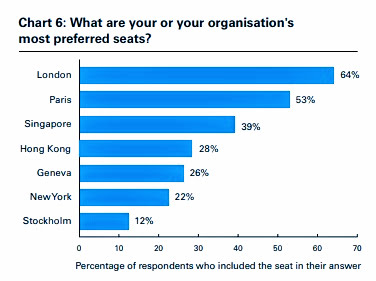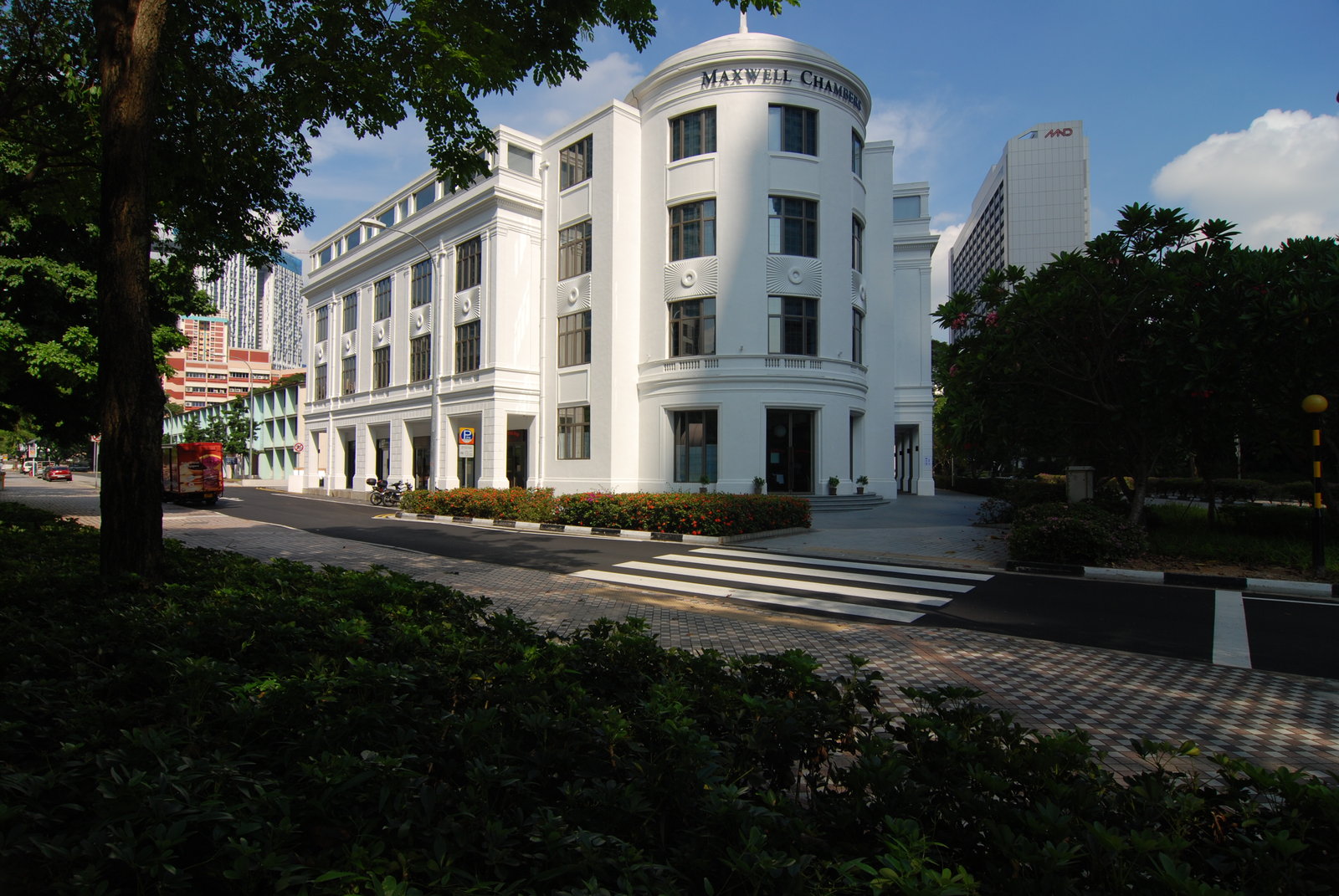Singapore has overtaken Hong Kong as Asia’s most preferred seat of international arbitration for cross-border disputes, according to a global survey released last week. The oft-cited findings also placed Singapore third behind London and Paris globally.
The Queen Mary University of London (QMUL) International Arbitration Survey was done in partnership with global law firm White & Case. This eighth edition based its findings on extensive answers from 922 respondents and 142 interviews done globally.
Once again, the five most preferred seats of arbitration are London, Paris, Singapore, Hong Kong and Geneva. The five most preferred arbitral institutions are still the ICC, LCIA, SIAC, HKIAC and SCC. Only Singapore and Hong Kong have switched places, with a 10% shift in preferences since 2015, according to the QMUL survey. In the previous survey by the Queen Mary University of London (QMUL) in 2015, Hong Kong was the most preferred venue for arbitration
SIAC, Singapore’s arbitration flagship, received a record 452 new cases last year, making it second only to the Paris-based International Chamber of Commerce with 810 cases for 2017 and ahead of the London Court of International Arbitration which registered 285 new cases.
“An overwhelming 99% of respondents would recommend international arbitration to resolve cross-border disputes in the future,” the survey stated.
Arbitral institutions are considered to be best placed to ensure greater diversity across tribunals, followed by parties (including their in-house counsel) and external counsel. To encourage diversity, all stakeholders should expand and diversify the pools from which they select arbitrators, stated the survey.




